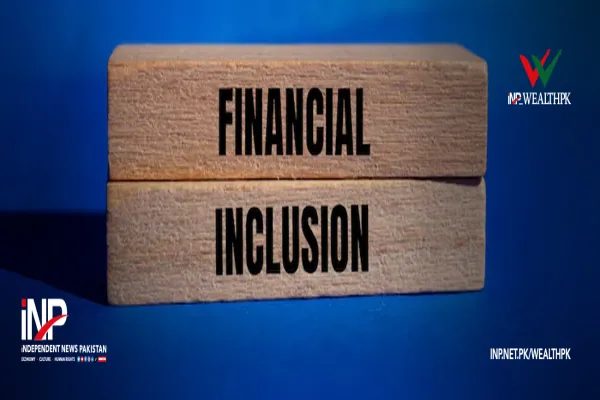i INP-WEALTHPK
Amir Saeed
A large portion of Pakistan lacks access to reliable internet services despite the government’s continued efforts to expand digital infrastructure, reports WealthPK.

This issue was brought up during a recent meeting of the National Assembly’s Standing Committee on Information Technology and Telecommunication. The members expressed frustration over poor connectivity in areas like Tharparkar and Sargodha Division, despite repeated assurances.
Officials from the Universal Service Fund (USF) explained that the projects for underserved regions have been approved and are nearing implementation. However, the committee demanded a full roadmap of all planned initiatives over the next three to five years, citing dissatisfaction with the current pace.
Federal Minister for IT and Telecommunication Shaza Fatima Khawaja highlighted key government initiatives, including the Islamabad IT Park and the “One Patient, One ID” digital health project. She also reaffirmed the government’s strict approach to financial recovery from telecom defaulters.
Lawmakers noted that some areas still face service gaps despite the existing fibre-optic infrastructure. The Pakistan Telecommunication Authority (PTA) was directed to enforce stricter service standards.
The PTA chairman disclosed that Pakistan uses only 275MHz telecom spectrum, while 500MHz remains unutilized due to legal hurdles, including the ongoing Telenor-Ufone merger and disputes involving nine defaulting LDI operators.
Committee Chairman Syed Amin ul Haque warned telecom companies against putting profits above service, especially with the rising complaints of call drops. A subcommittee has now been constituted to address regulatory bottlenecks and accelerate digital access, especially in remote and conflict-affected areas.
Talking to WealthPK, Awais Ahmed, an IT professional, highlighted that bridging Pakistan’s digital divide goes beyond laying down cables and launching new projects. It requires decisive governance, legal clarity, and a fair distribution of resources.
“The reality that 30% of Pakistan’s population still lacks adequate internet is a stark indicator that digital inclusion must be a core priority for policymakers. Initiatives like the Islamabad IT Park and digital health projects point in the right direction, but their impact is limited by slow spectrum utilization and protracted legal disputes.’’
“These are not simply tech setbacks; they represent barriers to equal social and economic participation for millions. Speedy implementation of already approved projects, effective regulatory oversight, and swift settlement of legal issues are essential, not optional.
“Only through genuine public-private collaboration can digital access become a basic right accessible to urban and rural citizens alike. This is crucial if the country is to unlock the benefits of the digital economy and build a more connected, equitable future,” Awais added.
Credit: INP-WealthPk








